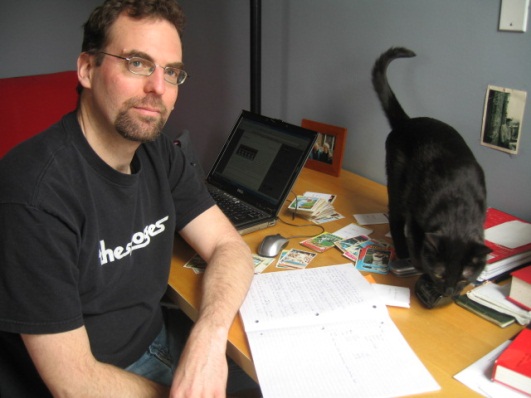 In celebration of baseball's Opening Day, we asked Josh Wilker to be our Book
Brahmin. He is the author of Cardboard Gods (Algonquin Books, March 15, 2011), a
poignant and funny memoir about growing up in the crazy '70s. Each chapter
opens with a baseball card--Wilker's talismans during a challenging childhood.
He also has a forthcoming book celebrating the 1977 film The Bad News Bears
in Breaking Training. Josh Wilker
continues to examine his life through his childhood baseball cards at cardboardgods.net. He lives with
his wife in Chicago.
In celebration of baseball's Opening Day, we asked Josh Wilker to be our Book
Brahmin. He is the author of Cardboard Gods (Algonquin Books, March 15, 2011), a
poignant and funny memoir about growing up in the crazy '70s. Each chapter
opens with a baseball card--Wilker's talismans during a challenging childhood.
He also has a forthcoming book celebrating the 1977 film The Bad News Bears
in Breaking Training. Josh Wilker
continues to examine his life through his childhood baseball cards at cardboardgods.net. He lives with
his wife in Chicago.
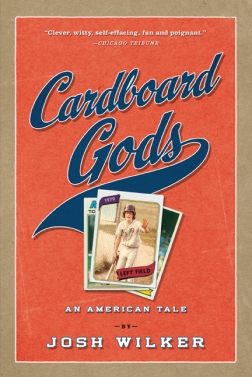 On your nightstand now:
On your nightstand now:
White Mule by
William Carlos Williams. I'm reading some of this 1937 novel at night, thus
qualifying it for nightstand status, but most of it is coming my way on my
really long, bumpy Pace Bus ride to and from work, so I will probably forever
associate it with nagging back pain, intermittent headaches and the tinny
beat-heavy iPod music of Other People (Sartre, I imagine, rode a lot of buses).
Favorite book when you were a child:
Hang Tough, Paul Mather
by Alfred Slote. This novel about a little leaguer with cancer was the first
book to make me cry.
Your top five authors:
How about a starting nine, like a batting
order for a baseball team? Charles Bukowski once did this in a poem, so I
figure even if I don't have permission for this I can channel his "ah,
hell with it, I'll do it anyway" batting stance:
Denis Johnson, SS (dazzling in the
field; .297/.398/.412)
Anton Chekhov, 3B (always makes perfect
contact; .313/.402/.498)
Jack Kerouac, CF (think Fred Lynn in '75
but forever; .325/.413/.545)
J.D. Salinger, RF (glove has poems
scribbled on it; .286/.374/.529)
Bruce Jay Friedman, 1B (hilarious
infield chatter; .302/.397/.502)
Frederick Exley, LF (erratic and
powerful; .264/.342/.512)
Charles Schulz, C (always there when
you need him; .282/.367/.423)
Raymond Carver, 2B (key when things get
rocky; .272/.372/.402)
Franz Kafka, P (baffling, overpowering
stuff; 2.08 ERA)
Book you've faked reading:
I lie that I read Naked Lunch
all the way through, not that anyone cares or considers the beat artifact a
must-read classic. I just want full credit for the suffering the nightmarish
repetitive anti-narrative inflicted on me during a horrific four-day
cross-country Greyhound bus trip when I was 19.
Book you're an evangelist for:
A Mother's Kisses by
Bruce Jay Friedman. When I discovered this book I practically wept with
gratitude, which as it turns out is possible to do while laughing your ass off.
Book you've bought for the cover:
The Basketball Diaries
by Jim Carroll. I bought this when I was 12 because I thought it would be about
basketball, which it was, though of course it was also about a lot of other
things and instantly became a favorite.
Book that changed your life:
There are a lot of the usual suspects
on my list (On the Road, Stop-Time, The Catcher in the Rye,
Cathedral, A Fan's Notes, Jesus' Son), but since those
books have all had more eloquent cheerleaders than I could ever be, I'll say Mad
magazine. Does this count? I had a subscription as a kid and the Alfred E.
Neuman ethos infected me for life.
Favorite line from a book:
"Swing
and a ground ball, stabbed by Foulke. He has it. He underhands to first. And
the Boston Red Sox are the world champions."--Red Sox radio play-by-play
man Joe Castiglione, quoted in--among other places, surely--Remembering
Fenway Park
Book you most want to read again for the first
time:
The Bronx Zoo by
Sparky Lyle. This book, which presents the 1978 pennant race as a daily journal
from the pen of reliever Sparky Lyle, began my writing life at age 12. As soon
as I finished it, I started my own journal and haven't stopped. But while I've
returned repeatedly to other key personal books, I've stayed away from this
one, because I somehow get the sense that it wouldn't have the same effect on
me as it did then--unstoppable laughter. One more bus ride story: every summer
my big brother and I visited our dad in New York City for a couple weeks, a
trip that required a seven-hour slog on the Greyhound. During one visit I
bought a paperback copy of The Bronx Zoo and started reading it just
after the bus pulled away from Dad standing there waving in the dim bowels of
Port Authority, and for the next seven hours all I did was laugh and show my
brother what I was laughing at, which made him laugh, and then I'd read on and
laugh some more and show him some more and we'd both be laughing, and so that
bus ride flew by like some kind of new transportation altogether, flotation
powered by brotherly laughs. I'd take that ride again if I could.
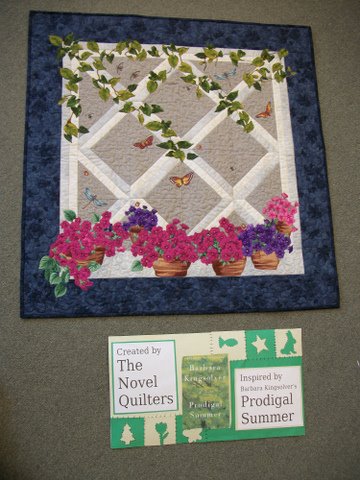 At St. Helens Book Shop, St. Helens, Ore., a group of book readers/quilters reads two books a year and then makes quilts based on each book. Their last set of quilts displayed in the store were based on Barbara Kingsolver's Prodigal Summer, as shown here. St. Helens Book Shop owner Lori Cardiff called the quilts "amazing, varied and a fantastic expression of the connection between literature and art."
At St. Helens Book Shop, St. Helens, Ore., a group of book readers/quilters reads two books a year and then makes quilts based on each book. Their last set of quilts displayed in the store were based on Barbara Kingsolver's Prodigal Summer, as shown here. St. Helens Book Shop owner Lori Cardiff called the quilts "amazing, varied and a fantastic expression of the connection between literature and art."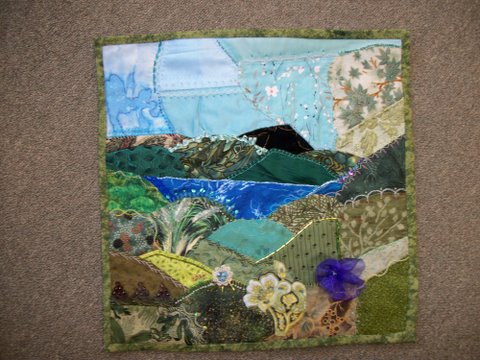










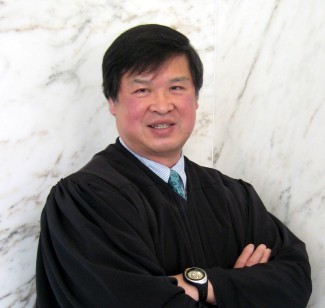 U.S. District Court Judge Denny Chin was correct in striking down the amended Google settlement last week (
U.S. District Court Judge Denny Chin was correct in striking down the amended Google settlement last week (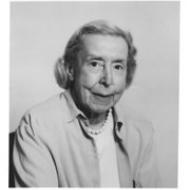 A celebration of the life of legendary editor and publisher Margaret K. McElderry, who died February 14 (
A celebration of the life of legendary editor and publisher Margaret K. McElderry, who died February 14 (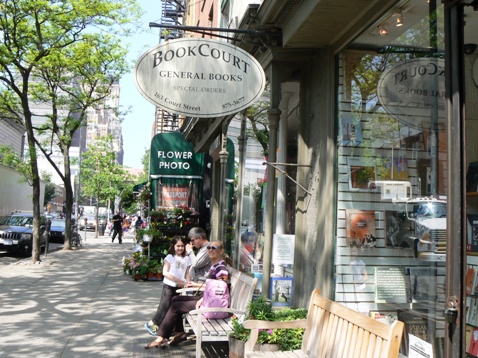 In the
In the 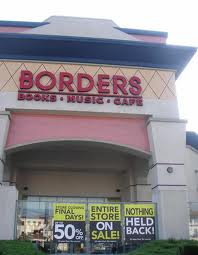 Jeff Pearlman offered a writer's perspective at
Jeff Pearlman offered a writer's perspective at 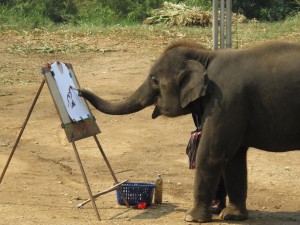 Algonquin has launched a video series,
Algonquin has launched a video series, 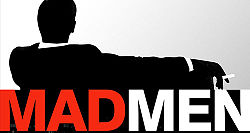 While fans of AMC's Mad Men series wait impatiently for a settlement to the current contract disputes that have delayed the next season until 2012,
While fans of AMC's Mad Men series wait impatiently for a settlement to the current contract disputes that have delayed the next season until 2012, 
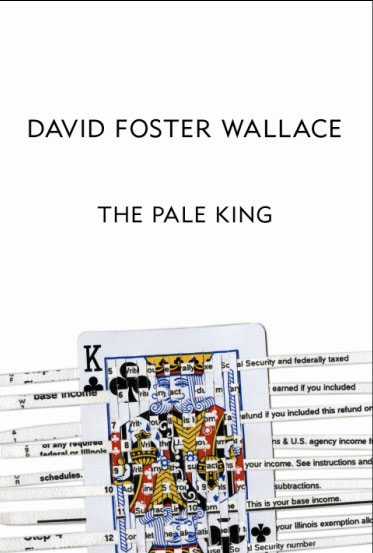

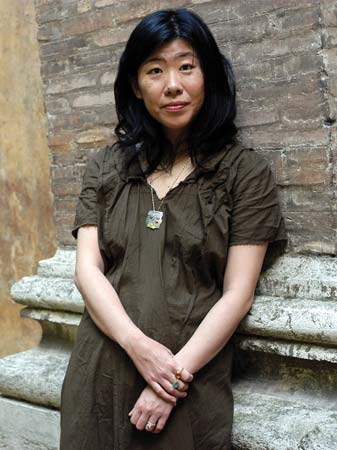 And in a program it's calling "
And in a program it's calling "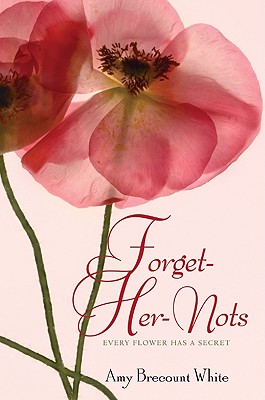 The scent of
rosemary fills the air at Amy Brecount White's appearances promoting her debut YA
novel, Forget-Her-Nots (Greenwillow
Books, $16.99). She presents attendees with sprigs of the
herb--which stands for remembrance--to provide a tactile experience while she
reads a passage from the story in which it's mentioned.
The scent of
rosemary fills the air at Amy Brecount White's appearances promoting her debut YA
novel, Forget-Her-Nots (Greenwillow
Books, $16.99). She presents attendees with sprigs of the
herb--which stands for remembrance--to provide a tactile experience while she
reads a passage from the story in which it's mentioned. 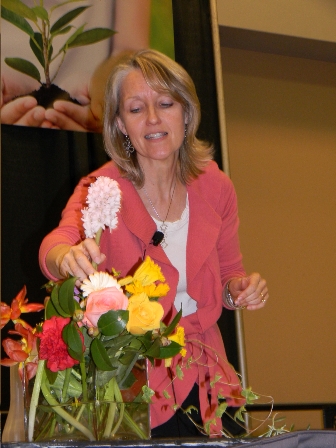 "I'm
helping people incorporate the language of flowers into their lives,"
White said. "We all know that when someone gives you flowers it brightens
your day, but you can do it more specifically by sending flowers and herbs with
a particular message."
"I'm
helping people incorporate the language of flowers into their lives,"
White said. "We all know that when someone gives you flowers it brightens
your day, but you can do it more specifically by sending flowers and herbs with
a particular message."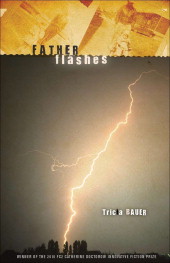 Prologue
Prologue In celebration of baseball's Opening Day, we asked Josh Wilker to be our Book
Brahmin. He is the author of Cardboard Gods (Algonquin Books, March 15, 2011), a
poignant and funny memoir about growing up in the crazy '70s. Each chapter
opens with a baseball card--Wilker's talismans during a challenging childhood.
He also has a forthcoming book celebrating the 1977 film The Bad News Bears
in Breaking Training. Josh Wilker
continues to examine his life through his childhood baseball cards at
In celebration of baseball's Opening Day, we asked Josh Wilker to be our Book
Brahmin. He is the author of Cardboard Gods (Algonquin Books, March 15, 2011), a
poignant and funny memoir about growing up in the crazy '70s. Each chapter
opens with a baseball card--Wilker's talismans during a challenging childhood.
He also has a forthcoming book celebrating the 1977 film The Bad News Bears
in Breaking Training. Josh Wilker
continues to examine his life through his childhood baseball cards at  On your nightstand now:
On your nightstand now: 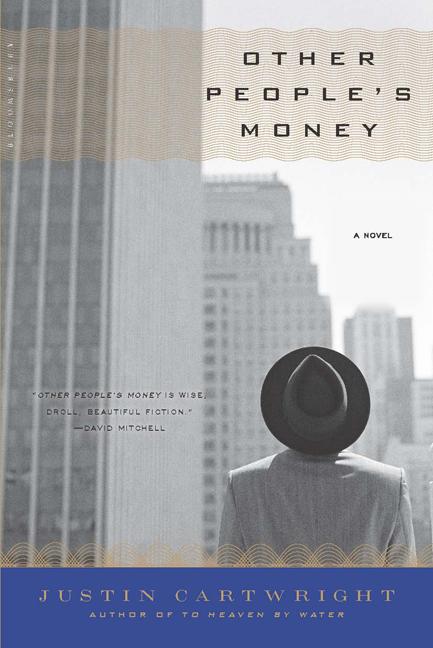 Sadly, Justin Cartwright, widely admired in the U.K.--he won the Whitbread Award, the Hawthornden Prize and has been shortlisted for the Booker--has no traction in the U.S. His The Song Before It Is Sung and The Promise of Happiness are, arguably, among the best novels of the last decade.
Sadly, Justin Cartwright, widely admired in the U.K.--he won the Whitbread Award, the Hawthornden Prize and has been shortlisted for the Booker--has no traction in the U.S. His The Song Before It Is Sung and The Promise of Happiness are, arguably, among the best novels of the last decade.